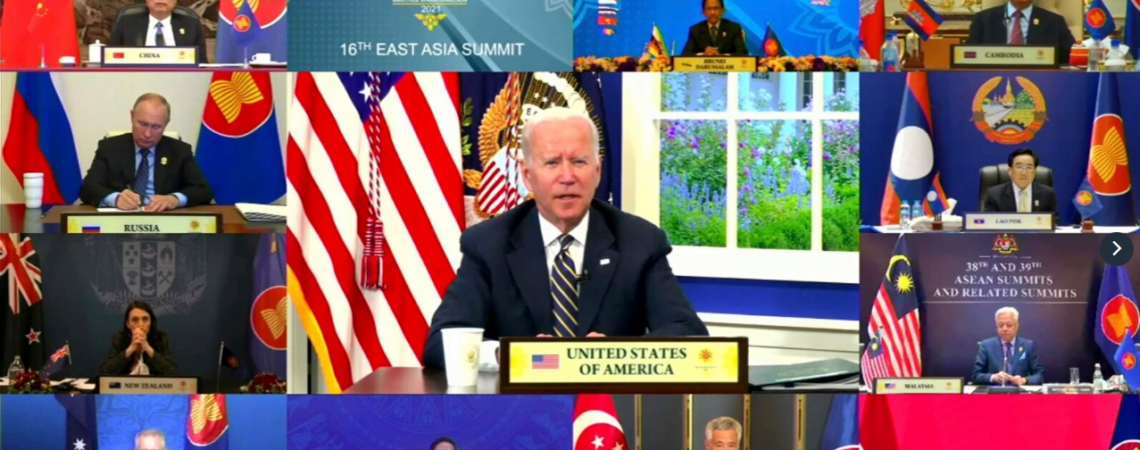Ambassador Katherine Tai, the U.S. Trade Representative (USTR), recently testified to Congress that trade can be a force for good – growing the middle class and addressing inequality – and that the U.S. is strongest when we work with our partners and allies around the world. ALI strongly supports these notions, appreciating the creativity and care with which the USTR is crafting trade policy and strategy. ALI strongly supports the USTR’s philosophy: that for a trade agreement to be effective, its benefits must be shared equally across the economy, especially by workers, small businesses, and underserved communities, which have often been ignored or hurt by past agreements.
An agreement’s results must also support sustainable and inclusive growth, while addressing shifting global alliances and new technologies. U.S. engagement in the Pacific is critical to this country’s workers, small businesses, values, and our economic and national security interests. ALI commends this Administration’s announcement of the Indo-Pacific Economic Forum (IPEF) and believes the U.S. must focus on being a standard setter – for worker, environmental, digital, and infrastructure standards – to be a 21st century global leader. This is especially important given China’s regional dominance, especially through its Belt and Road and Digital Silk Road initiatives. IPEF’s goal of high labor and environment standards, as well as digital standards of democracy, transparency, and accountability, are important counterparts to the model that China is offering in the region.
The first step in advancing IPEF will be offering sufficient incentives to attract a broader group of countries to join the framework, especially the Fair and Resilient Trade Pillar. While the ASEAN countries welcome U.S. regional reengagement, the Trade Pillar’s digital, labor, and environmental standards will require heavy domestic concessions from them. If it is to attract countries beyond Australia, New Zealand, Japan, Singapore, and South Korea, IPEF must include strong incentives for them to make the necessary difficult domestic changes.
Lowering tariffs is undoubtedly the best incentive. Although U.S. tariffs are generally quite low, the tariff schedule has peaks in sectors such as agriculture or textiles which are of particular interest to developing countries. When Vietnam wanted to gain access to lower duties on footwear and apparel by joining the Trans-Pacific Partnership, for example, it pushed through significant domestic reforms. Tariff market access may ultimately be necessary to achieve IPEF’s vision, and Congressional passage may eventually be necessary to assure countries that a future administration will not pull out
Creating+Incentives+to+Join+the+IndoPacific+Economic+FrameworkTo read the full report by the American Leadership Initiative, please click here.

